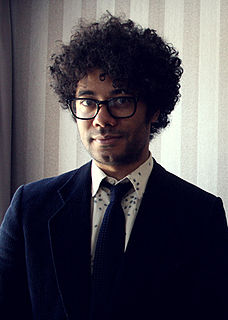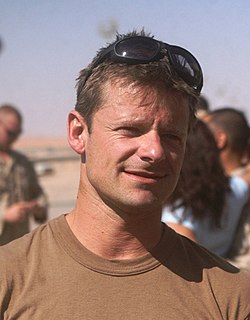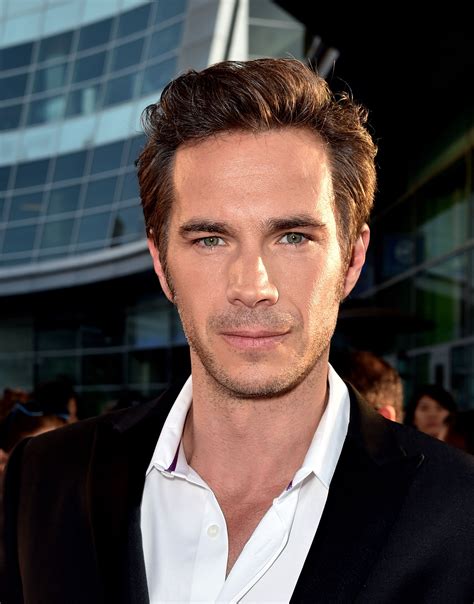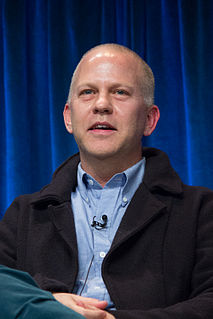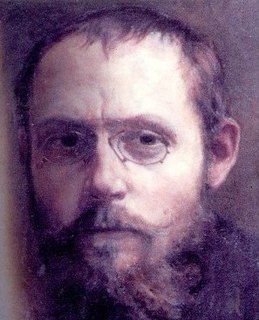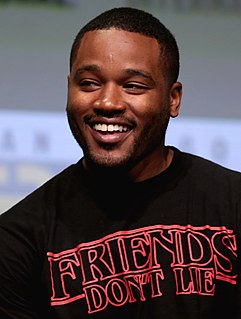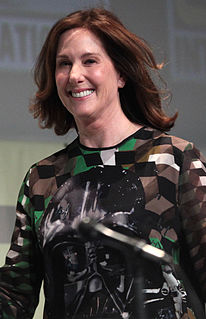A Quote by Brooke Shields
Louis Malle was the best filmmaker I've ever worked with. He was such an artist. He was dealing with the theme of innocence and experience.
Related Quotes
I know that Madonna is not a first-time filmmaker, but I have worked with a lot of first time filmmakers and I have worked with a lot of inexperienced film directors so that never has particularly worried me - I find it quite exciting - but I have never worked with a director who has had so little experience of directing who was so prepared.
As a filmmaker‚ like any artist‚ when something affects me emotionally I think about it in those terms. It's my way of dealing with my thoughts‚ my fears and my hardships. I think the same can be said with any artist. For a musician‚ you're going to write a song about something that affects you emotionally.
As a filmmaker, like any artist, when something affects me emotionally I think about it in those terms. It's my way of dealing with my thoughts, my fears and my hardships. I think the same can be said with any artist. For a musician, you're going to write a song about something that affects you emotionally.
Looking back on my whole experience, the biggest takeaway was just being proud of what you do, and knowing that it's okay to do your best even if it's not the best. That's sort of the theme. I mean, obviously I'm not the best singer, obviously I'm not the best piano player or the best songwriter, but I'm doing my best on all of 'em. Once you have all those things in place, then I think everything falls the way it should.
The innocence of those who grind the faces of the poor, but refrain from pinching the bottoms of their neighbour's wives! The innocence of Ford, the innocence of Rockefeller! The nineteenth century was the Age of Innocence--that sort of innocence. With the result that we're now almost ready to say that a man is seldom more innocently employed than when making love.

